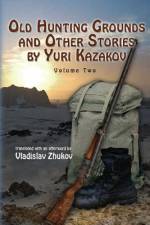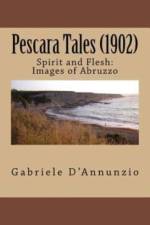- Spirit and Flesh: Images of Abruzzo
av Gabriele d'Annunzio
181
The setting for his collection of eighteen stories by Gabriele D'Annunzio (1863-1938) was the Adriatic seaport of Pescara and its hinterland in the Italian region of Abruzzo, the author depicting events and personalities from the time of his youth, but also drawing from bygone incidents that were yet memorable in the area's folk history. Pescara may not have had the cachet of celebrated cities such as Venice or Florence, but sympathetically and wryly revealed here by the pen of one of Italy's great writers it lives and breathes with a vitality probably best compared to that of James Joyce's 'dear dirty Dublin'. Indeed Joyce, who admired D'Annunzio, may well have been inspired by the Italian's cameos of small-town life, his parade of saints, voluptuaries and reprobates, their repressions, obsessions, individual dissolutions, collective explosions of anarchy, and their aptness for bizarre behavior that extended from the catatonic to the manic. D'Annunzio came to recognize just how exotic his native region was after he had left it for Rome, where he worked for some years as a journalist and essay writer in the employ of various literary magazines. His Abruzzo articles, and especially those in which he records examples of extraordinary devotional behavior (akin to what Mark Twain was witnessing at that time on the banks of the Ganges), became the basis of the stories in this collection. D'Annunzio was a published poet at the age of sixteen, and his verse has never been absent from the Western Canon since. Something of his painterly style, the layered brushwork of his descriptions, the gorgeous romantic renderings of rural scenes and the moods of the sea, his celebrations of sensuality, his aesthete's fascination with all the possible bodily conditions, from the virginal-voluptuous to the decayed and moribund (he has been hailed as 'the body's poet'), will amaze and delight the reader even in the blandest and most dictionary-dependent translation. The present one is no such, however. Vladislav Zhukov is an experienced translator who has rendered works from four languages into English, including a substantial book of poetry, three volumes of short stories, and a novel (all available on Amazon.com). His knowledge of Italian is that of someone who acquired the language while living in Italy during his youth.



